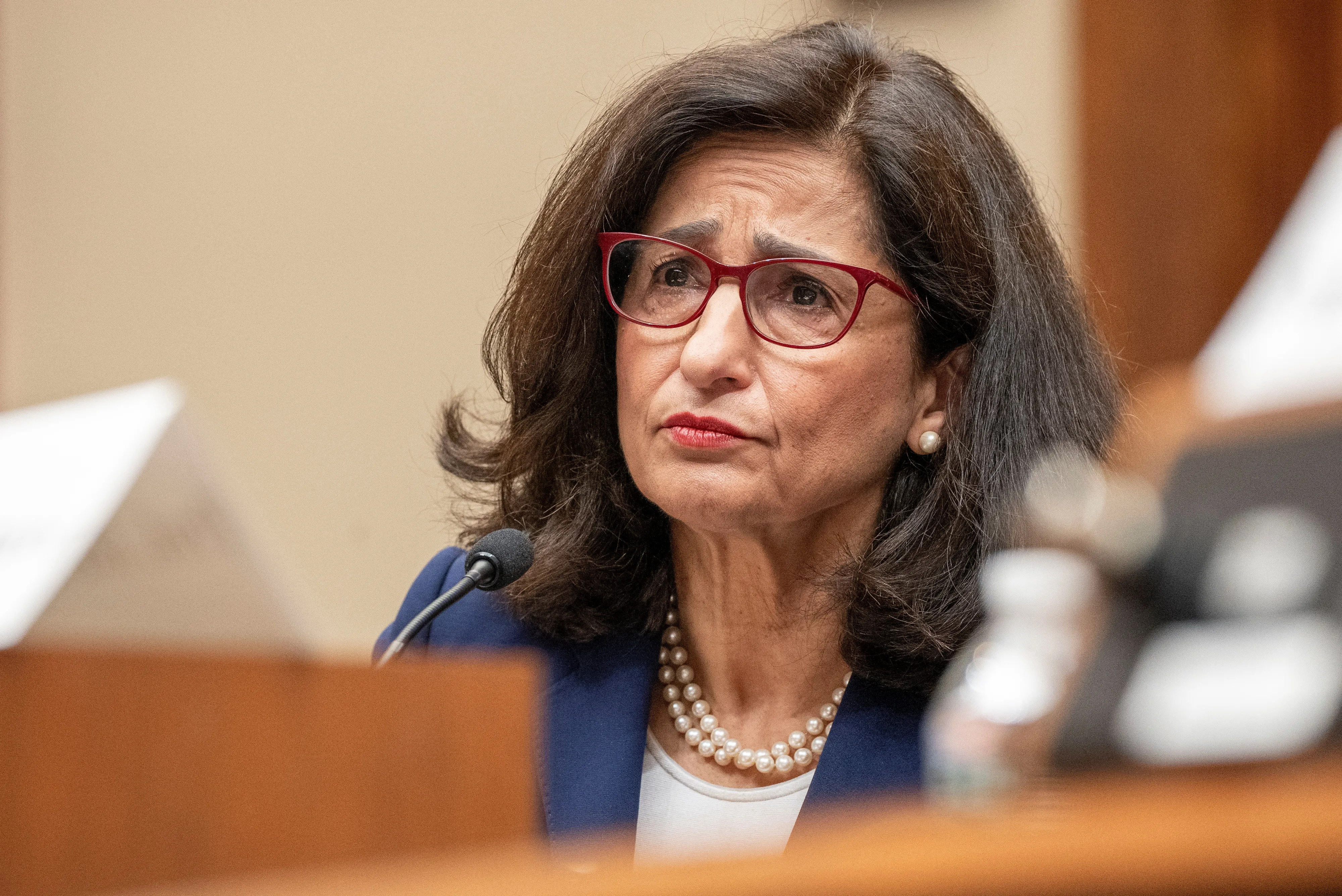Minouche Shafik Resignation: Implications for Education and Civil Rights

Minouche Shafik's Resignation: What It Means for Education
In a striking move, Minouche Shafik has stepped down as the President of Columbia University after a year filled with challenges and controversies. This resignation comes amid heightened tensions in the Israel-Palestine conflict and significant protests within the United States.
Challenges Faced by Shafik
- Increased scrutiny of university policies relating to politics and civil rights.
- Campus unrest related to the current events in Gaza.
- Pressure to address student concerns in a divided political climate.
Impact on Civil Rights and Education
Her departure raises questions about the future of education and civil rights initiatives at Columbia University. As discussions around these topics continue, the impact of Shafik's policies will be felt for years to come.
This article was prepared using information from open sources in accordance with the principles of Ethical Policy. The editorial team is not responsible for absolute accuracy, as it relies on data from the sources referenced.